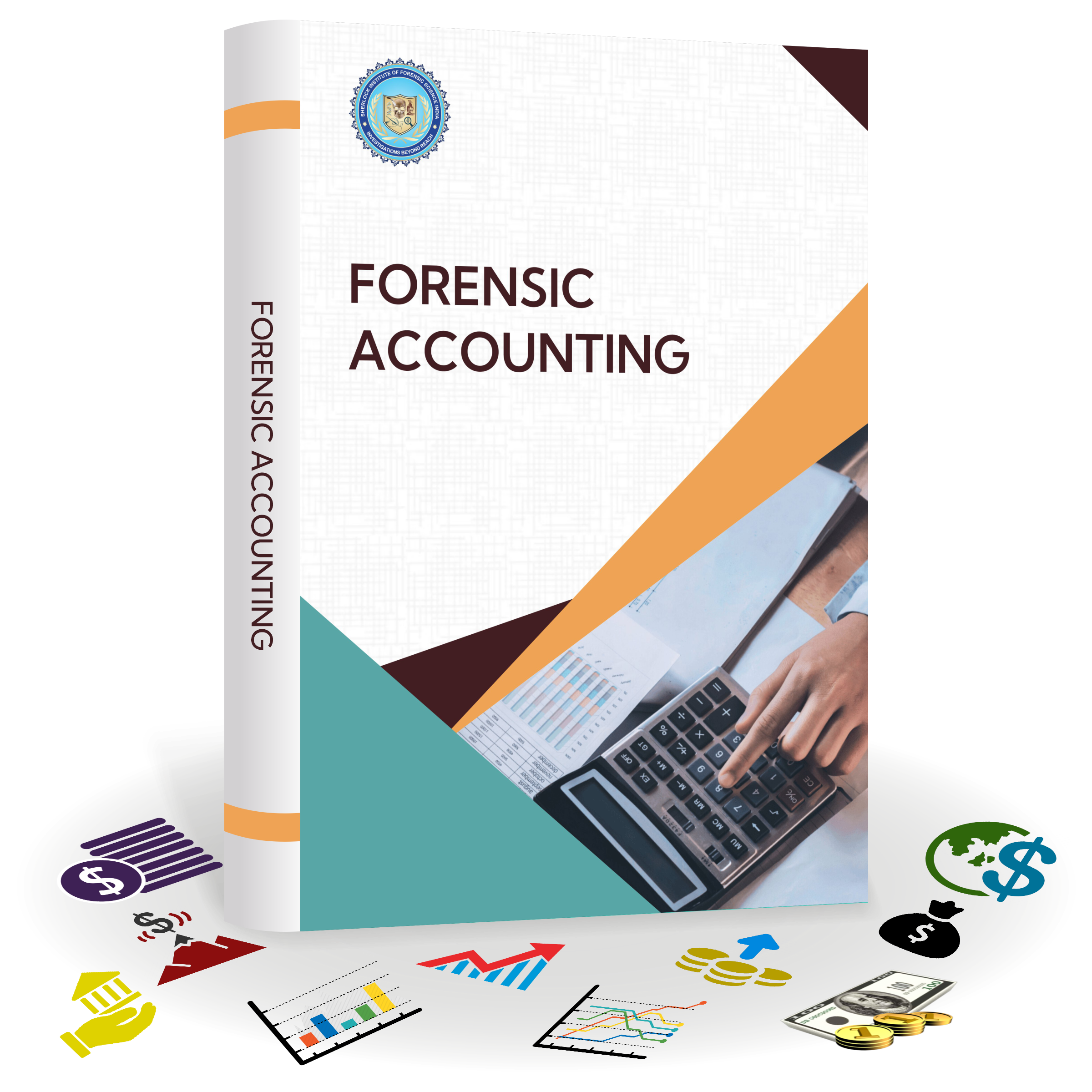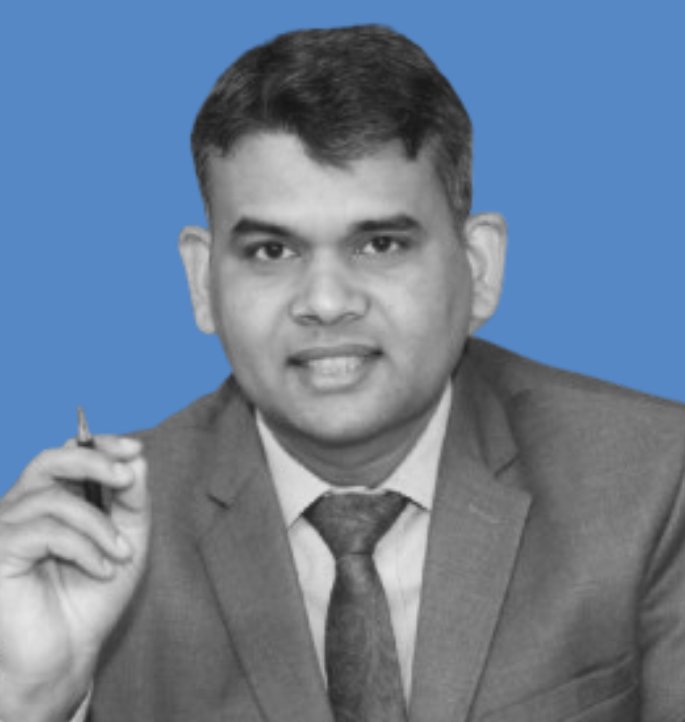This has been a very informative class. The lectures were really helpful and kind. I’ve enjoyed every bit of this course and I’ve gain so much information. Sincere thanks to everyone who lectured me and my colleagues.

The Professional Diploma in Forensic Accounting by SIFS India is designed to provide students with an understanding of financial accounting principles and practices, as well as the methods and techniques used to detect and investigate financial fraud.
You will gain skills to identify hidden fraudulent financial activities within the legal framework and learn how to collaborate and communicate effectively within the investigative team. Learning to investigate financial fraud is an invaluable skill set for anyone involved in finance, auditing, or compliance.
The course provides a strong foundation in the financial fraud detection domain and covers topics like the difference between accounting and forensic accounting, forensic accountants role in litigation, types of fraud and investigation techniques, analyzing financial statements for fraud, types of evidence and their handling, types of digital fraud, digital evidence analysis, fraud risk management, the role of a financial risk manager, types of audit, forensic interviewing and interrogation, and the role of forensic accountants as expert witnesses in courtroom.
This course helps you master the intricacies of financial statement fraud, asset misuse, and corruption schemes, along with the legal and ethical considerations. Gain expertise to present your findings clearly and accurately, whether for your organization or for legal purposes.
Your expertise in protecting financial integrity and promoting transparency in the corporate world can take your career to new heights. You can work with law enforcement and government agencies, legal firms, insurance companies, accounting firms, banking and financial services providers, corporate entities, or training institutes.




